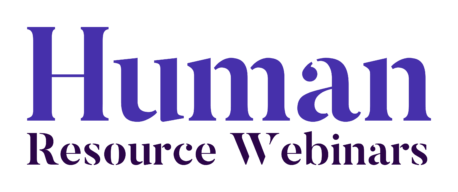Discover the benefits of a people-first culture and learn how to create a human-centered work environment that prioritizes the well-being and needs of employees. Our micro course for HR professionals covers the importance of meaningful work, the adoption of human-centered methods and technologies, and the creation of cultures that support personal growth and a holistic approach. Embrace a people-first culture and drive success in your organization!
7taps was used to create this snackable course—an abridged version of our article on human-centered work. If you're interested in in creating similar courses (such as for onboarding new employees or a similar use), continue here to learn more about just in time learning.
Human-Centered Work Culture Course (Expanded)
This nano-course is designed for HR professionals and aims to help them create a more human-centered work environment that prioritizes the well-being and needs of employees. It encourages HR professionals to think beyond traditional work models and adopt human-centered methods and technologies to increase productivity and well-being.
The course also emphasizes the importance of meaningful work and encourages HR professionals to consider the needs and well-being of both employees and customers in their work. By building cultures that support personal growth and a holistic approach, HR professionals can help create a positive impact on the broader community and ensure the success of their organization.
- Human-centered work: HR professionals play a critical role in shaping the work experiences of employees and building cultures that foster success and well-being.
- Work must prioritize people's needs & well-being!
- Recognize that work is not just a means of income generation. It is a means for personal growth, self-expression, and enjoyment. Work can provide opportunities for learning, perspective, self-affirmation, and making a positive impact on the world.
- Toss out traditional work models. Ways we work may not always be the most effective or sustainable. Long hours means sacrificing time that could be enjoyed with our families—just for the sake of productivity—and is not sustainable in the long term. It often leads to burnout and reduced productivity.
- Avoid burnout by seeking human-centered work. Unlike traditional work models, human-centered work seeks to find ways to increase productivity while also supporting the well-being and happiness of employees.
- Consider adopting human-centered methods & technologies. Technology gives us unprecedented leverage, but it is only useful if it is surrounded by the right rules, mental models, policies and procedures, habits, and paradigms.
- Meaningful work matters. As a leader in your organization, you have a responsibility to help employees find meaningful work by building cultures that support personal growth, providing resources for success, and fostering communication and collaboration.
- Consider the needs and well-being of both employees and customers in your work. Be sure to create cultures that support personal growth and a holistic approach to ensure meaningful work and positive impact on the broader community.
- "Culture eats strategy for breakfast." Having a culture that values both employees and customers and is focused on their well-being can help make your plan successful.

